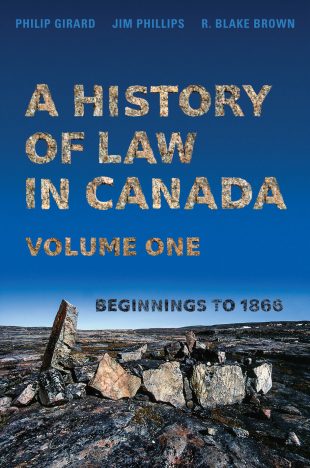Thanks to Shaunnagh Dorsett for sending this on.
CFP: Annual Conference of the Australian and New Zealand Law and History
Society
This year’s conference will be held in Melbourne, Australia, 11-14
December 2019. The theme is ‘Does Law’s History Matter? The Politics of our
Disciplinary Practices’
Deadline for abstracts
(individual or panel) and on the conference theme or any other topic is 21 July
2019. More information on the theme and submission of abstracts can be found on
the conference website: https://www.deakin.edu.au/about-deakin/events/2019-anzlhs-conference.
The keynote speakers are:
- Professor Martha S. Jones, Society of Black
Alumni Presidential Professor and Professor of History, Department of
History, Johns Hopkins University: https://history.jhu.edu/directory/martha-jones/
- Professor John Hudson, Professor of History,
School of History, St Andrews University: https://www.st-andrews.ac.uk/history/staff/johnhudson.html
- Professor John Maynard, Indigenous Education and
Research, University of Newcastle:
- https://www.newcastle.edu.au/profile/john-maynard
- Professor Shaunnagh Dorsett , Faculty of Law,
University of Technology Sydney:
- https://www.uts.edu.au/staff/shaunnagh.dorsett
(Canadians, please note that there will be a Wes Pue event on the 13th.)



